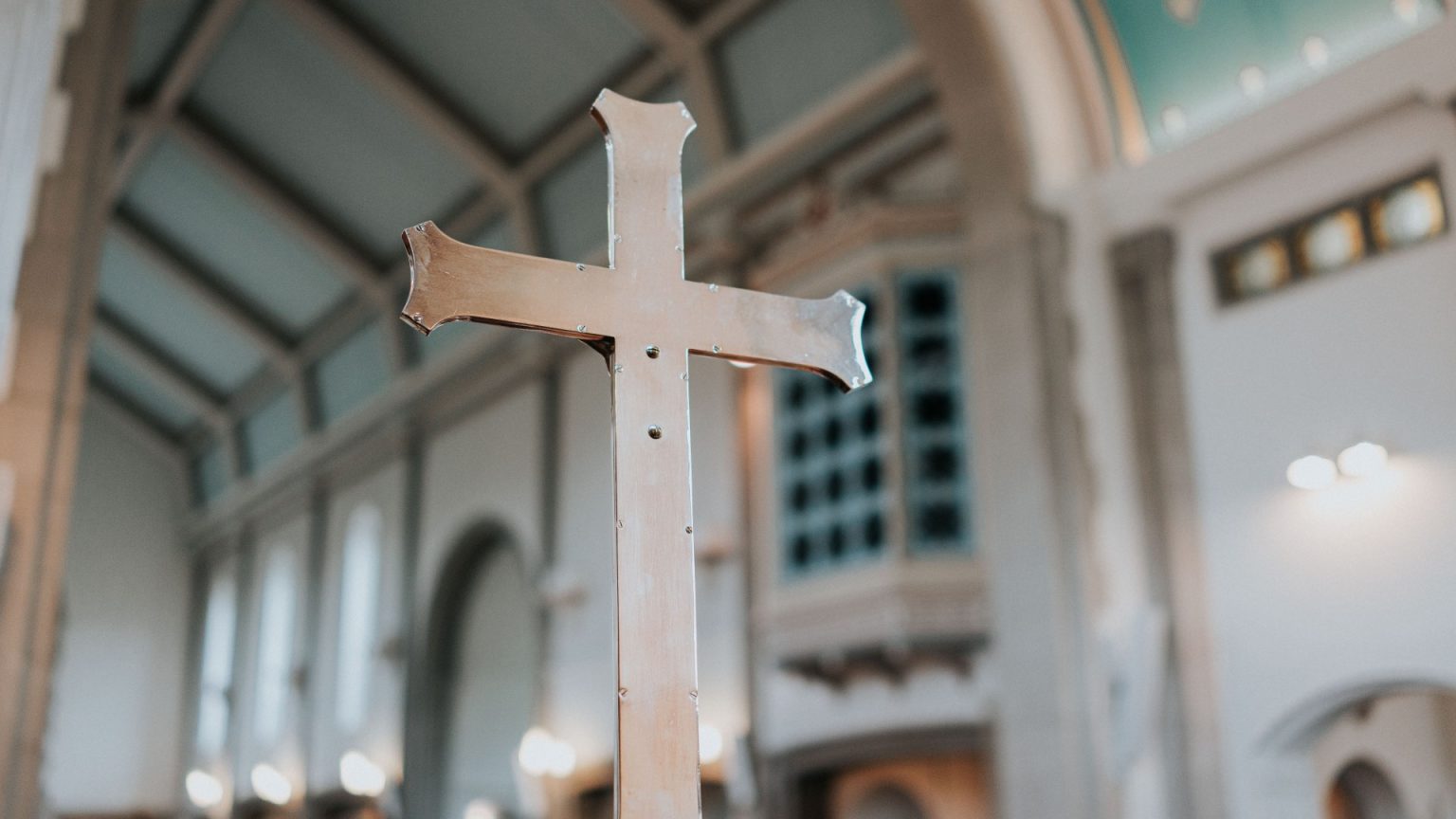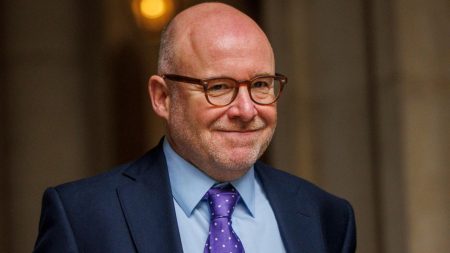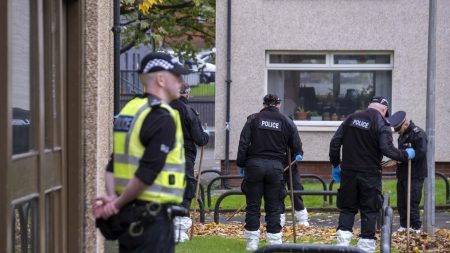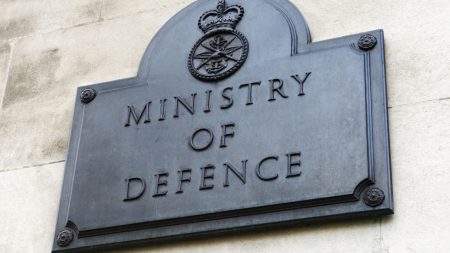The Church of England’s proposed £100 million initiative to address historical ties to slavery, known as Project Spire, has ignited a heated debate, with a recent report by the think tank Policy Exchange challenging the legal and ethical foundations of the plan. The report contends that the proposed reparations exceed the Church Commissioners’ legal authority and deviate from their core charitable purpose. It further argues that the plan lacks sufficient justification, historical grounding, and transparency, potentially diverting crucial funds away from struggling parish churches. This critique underscores a growing tension between acknowledging historical injustices and ensuring responsible resource allocation within the Church.
Central to the Policy Exchange report’s argument is the assertion that the Church Commissioners’ pursuit of reparations is legally precarious, potentially exceeding the bounds of their established powers. The report suggests that the Commissioners’ mandate focuses on managing Church assets for religious purposes, not engaging in broader societal reparations. This raises questions about the legal legitimacy of diverting substantial funds towards a cause that, while morally significant, may fall outside the Commissioners’ defined remit. The report also highlights the lack of clear historical justification for the proposed reparations, suggesting that the Church’s involvement in the transatlantic slave trade has been inadequately contextualized within the broader historical landscape.
The report’s authors, including the Rev Prof Nigel Biggar, emphasize the complexities of assigning responsibility for historical injustices. They point to Britain’s role in abolishing both the slave trade and slavery, as well as its subsequent efforts to suppress slavery globally, as factors that complicate a simple narrative of guilt and reparation. They argue that the Church Commissioners have not adequately addressed these nuances and have failed to offer a comprehensive justification for their chosen course of action. This perceived lack of due diligence further fuels concerns about the plan’s legitimacy and potential unintended consequences.
Adding another layer of complexity to the debate, the report warns of potential ripple effects, suggesting that if the Church of England proceeds with its reparations initiative, other institutions, including the government and the Royal Family, might face pressure to follow suit. This raises concerns about a potential cascade of reparations claims, with uncertain financial and social implications. The report underscores the need for a careful and considered approach to addressing historical injustices, one that acknowledges the complexities of the past while avoiding unintended consequences for the present and future.
Counterbalancing these criticisms, the Church Commissioners defend Project Spire as a necessary response to the institution’s historical entanglement with slavery. Gareth Mostyn, CEO of the Commissioners, argues that the Policy Exchange report mischaracterizes the project’s intentions and scope. He emphasizes that the initiative is rooted in a commitment to learning from the past and responding appropriately to the Church’s historical complicity in the slave trade. The Commissioners maintain that the project aims to promote healing, repair, and justice, and they are currently engaging with the Charity Commission to establish a dedicated fund for this purpose, ensuring compliance with all necessary legal and regulatory requirements.
The ongoing debate surrounding Project Spire highlights the complex and often contentious nature of historical reparations. Balancing the moral imperative to address past injustices with the practical considerations of resource allocation and legal frameworks presents a significant challenge. While acknowledging the historical wrongs associated with slavery, critics of the plan raise legitimate concerns about the legal basis, historical justification, and potential unintended consequences of the proposed reparations. The Church Commissioners, however, maintain their commitment to the project, emphasizing its importance in acknowledging the past and promoting healing and reconciliation. The unfolding dialogue underscores the need for a nuanced and informed approach to historical reparations, one that balances moral obligations with practical considerations and seeks to foster constructive dialogue and healing.










